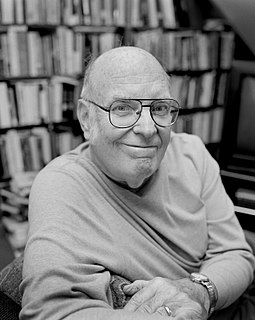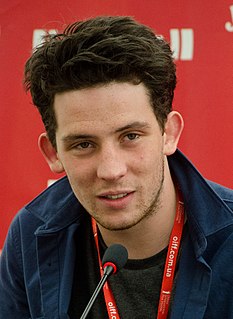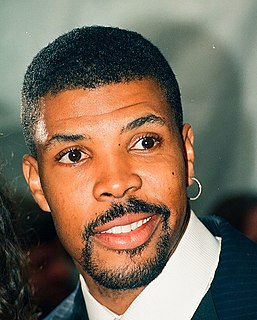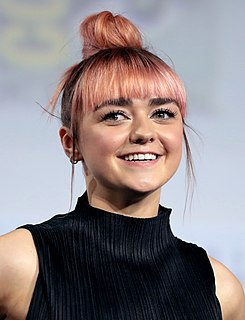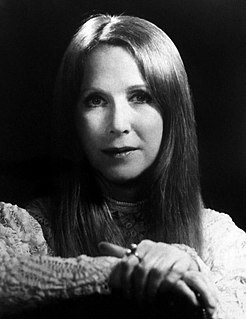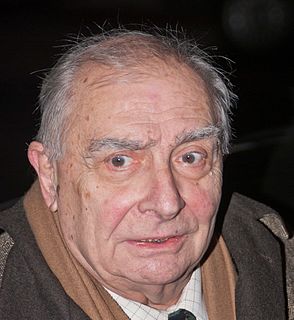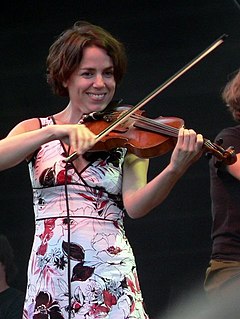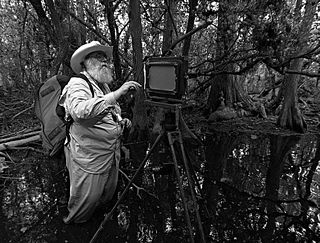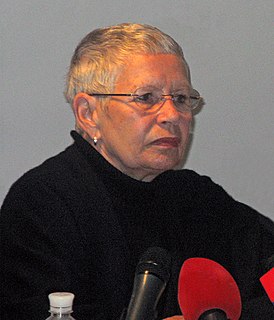A Quote by X. J. Kennedy
To me, a poem that's in rhyme and meter is the difference between watching a film in full color and watching a film in black and white. Not that a few black and white films aren't wonderful. So are certain successful pieces of free verse.
Related Quotes
Nowadays, people shoot digitally and it's all in color, but you press a button and it all goes to black and white. But it's not lit for black and white. So, it's a tricky thing. If you're going do black and white, you better remember to separate things with light, because color ain't gonna be there.
Everything does come from nature. That's where you get new ideas. Just draw the landscape. I felt doing it with a bit of burnt wood was also good because I was drawing burnt wood with a piece of wood. I wanted to do black and white. After using color, I thought black and white would be good. You can have color in black and white. There is color in them, actually.
